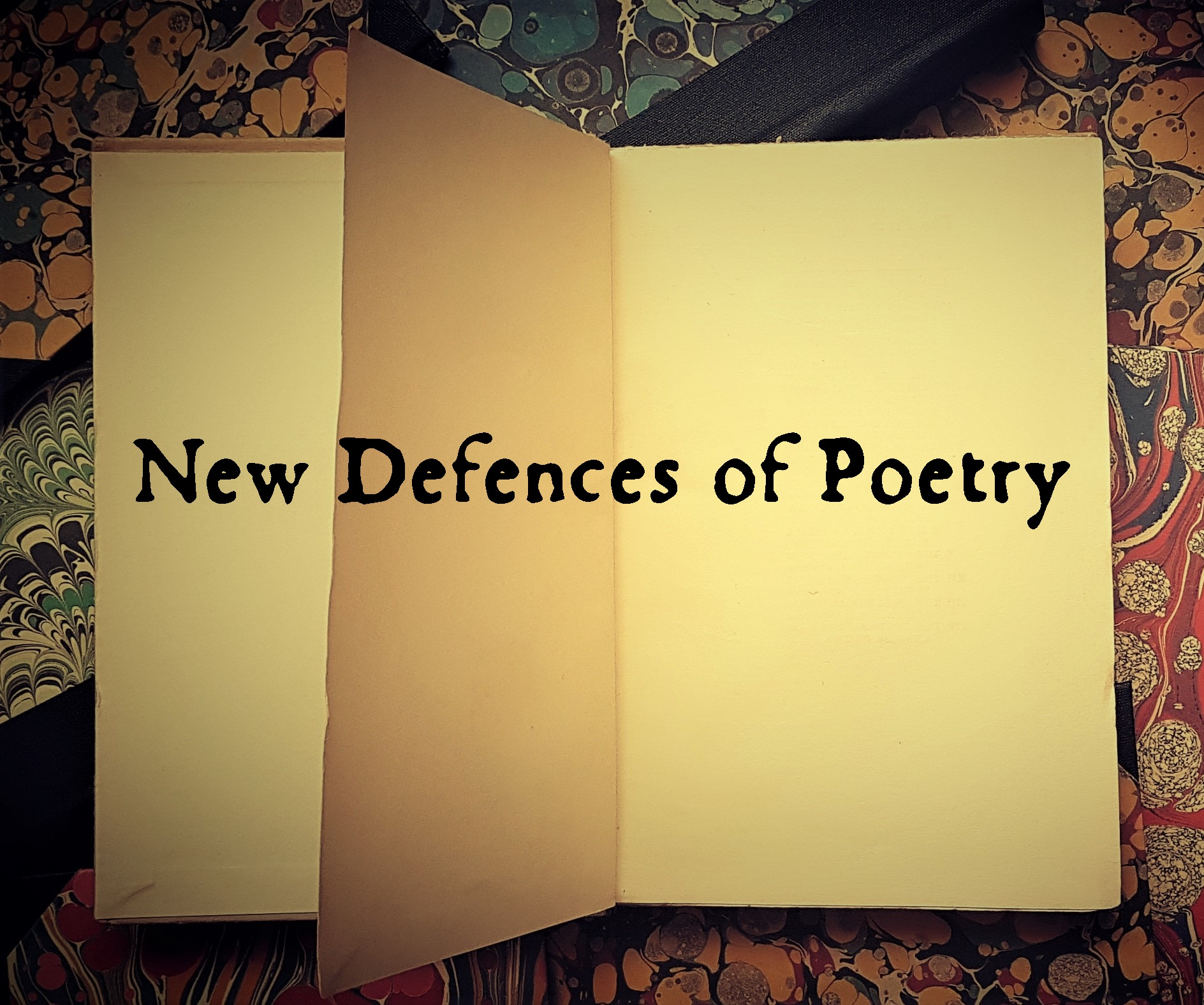“The most unfailing herald, companion,
and follower of the awakening of a great people
to work a beneficial change in opinion or institution, is poetry.”
Percy Shelley, ‘A Defence of Poetry’
This publication was produced as part of a placement with the Newcastle Centre for the Literary Arts, alongside my PhD research on Romantic-era poet-critics, which is being funded by the Northern Bridge Consortium (AHRC). It was created to celebrate 200 years since the composition of Percy Bysshe Shelley’s seminal essay, ‘A Defence of Poetry’ in 1821 (it was first published posthumously in 1840).
A public callout was made for essays from poets on the theme of a poetic defence, with the aim of exploring the legacy and continuing relevance of Shelley’s famous panegyric to his own craft, which remains one of the most profound and enduring statements on the power of poetry to act as a social and political force. Contributors were asked to defend poetry – whatever they might take that to mean. It was left to authors to decide what threats there were to poetry, from without or from within, or whether poetry even needed defending at all.
Poets were invited to consider what use or purpose poetry serves, or might serve, in a time when social justice issues are at the forefront of public discussion in the arts, academia and private life. In what ways can poets impact the civil rights movements that take centre stage in the news and on social media? Where does poetry stand in relation to the cataclysmic events – war, genocide, pandemic, the climate crisis – of the twentieth and twenty-first centuries? What is poetry’s relationship to activism? At a time when the arts are increasingly under threat in public arenas, what place can poetry have in areas such as education, mental health or criminal rehabilitation?
The only stipulations were word limits and that submissions should be in prose, so as to be formally distinct from (the majority of) the poetical works of their authors.
Socio-political subjects have never been so diversely at the forefront of poetry than in the current moment. Now is a vital time for poets to step back and examine their own role within their communities.
David O’Hanlon Alexandra,
Editor
